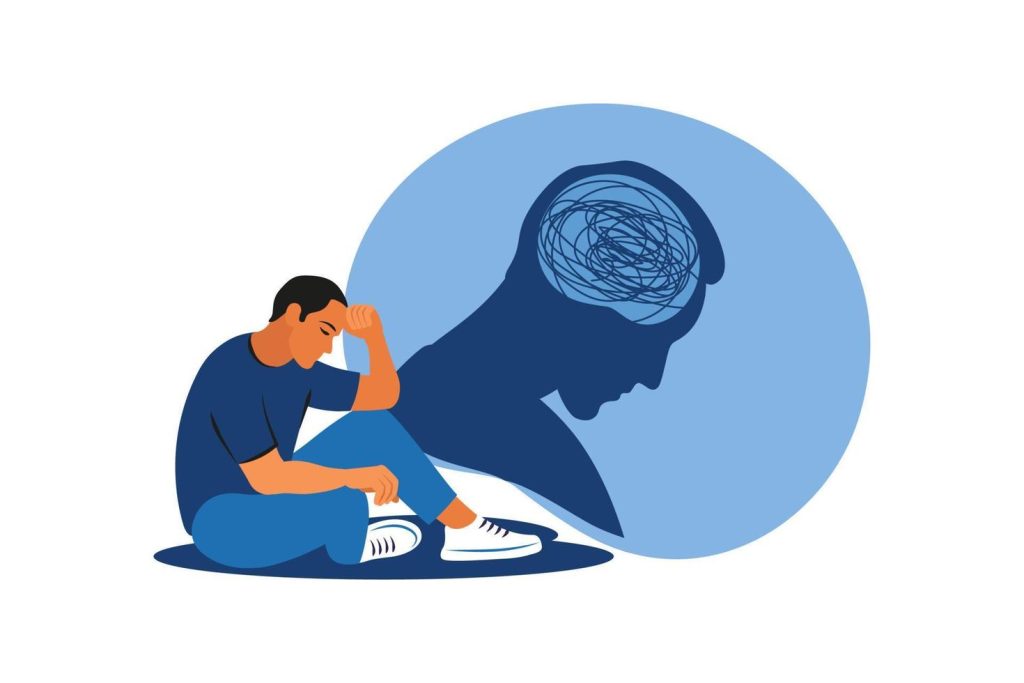Bipolar disorder is a complex and challenging mental health condition characterized by extreme mood swings that include episodes of mania and depression. It affects millions of people worldwide, and without appropriate treatment, it can have a significant impact on an individual’s personal, social, and professional life. One of the cornerstones of effective bipolar disorder management is medication, which plays a crucial role in stabilizing mood fluctuations and minimizing the frequency and intensity of mood episodes. The primary objective of medication management in bipolar disorder treatment is to achieve stability in mood and prevent relapses into manic or depressive states. This involves finding the right combination of medications tailored to each patient’s specific needs. The process of medication management typically begins with an accurate diagnosis and a thorough assessment of the individual’s medical history, symptom severity, and any co-existing medical or psychological conditions. However, medication management in bipolar disorder is far from a one-size-fits-all approach.

This information guides psychiatrists in making informed decisions about the most appropriate medications to prescribe. The medications commonly used in bipolar disorder treatment can be categorized into mood stabilizers, antipsychotics, and antidepressants. Mood stabilizers like lithium, valproate, and lamotrigine are often the first line of defense. They help control manic and hypomanic episodes while preventing depressive relapses. Lithium, in particular, has been a staple in bipolar disorder treatment for decades, demonstrating its effectiveness in reducing the risk of relapse and suicide. Antipsychotic medications, such as olanzapine, quetiapine, and aripiprazole, are used to manage acute manic and mixed episodes. The haven integrative psychiatry can also be combined with mood stabilizers for long-term maintenance treatment. Antidepressants, on the other hand, are used with caution in bipolar disorder, as they can trigger manic episodes if not used in combination with mood stabilizers. Each individual responds differently to medications, and finding the right combination can be a challenging process.
It requires careful monitoring and adjustments by healthcare professionals to ensure the best possible outcomes. Regular follow-ups are essential to evaluate the medication’s effectiveness, assess side effects, and make any necessary changes. Compliance with prescribed medication is a critical aspect of successful bipolar disorder treatment. Unfortunately, individuals with bipolar disorder may experience periods of diminished insight during manic episodes, leading them to believe they no longer need medication. Family and social support can play a vital role in helping individuals stay on track with their treatment plans and adhere to medication schedules. Moreover, the side effects of medications can also pose obstacles to adherence. Weight gain, sedation, tremors, and gastrointestinal issues are common side effects associated with some bipolar medications. Open communication between patients and their healthcare providers is crucial to address these concerns and find alternative treatments if necessary. Cognitive-behavioral therapy CBT, psychoeducation, and family-focused therapy can help patients develop coping strategies, identify early warning signs of mood episodes, and improve their overall quality of life. In some cases, complementary approaches such as lifestyle changes, regular exercise, and stress reduction techniques can augment the effectiveness of medication and psychotherapy.